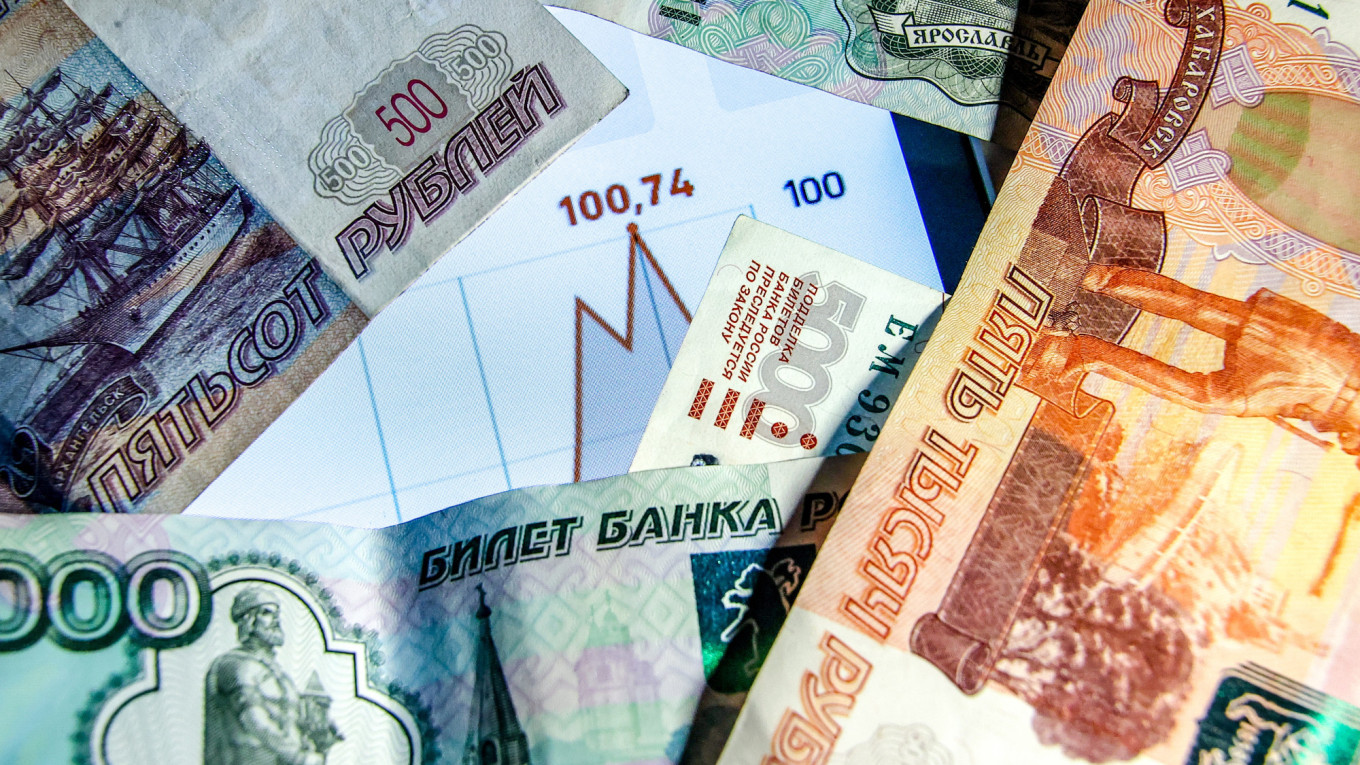Russia is set to increase taxes and reduce non-military expenditures to finance its escalating war costs in the next few years, as reported by Reuters on Wednesday, citing a government insider.
The updated budget for 2025, expected in September, reportedly allocates 17 trillion rubles ($211 billion) — accounting for 8% of the GDP and 41% of total expenditures — towards defense and security, marking the largest percentage in the post-Soviet era. The source indicated that actual military spending could be “slightly higher.”
According to the insider, cuts in defense spending could only be realized in 2027 if the conflict in Ukraine concludes, as various sectors vie for financial resources. However, they warned that tax hikes are “inevitable.”
“Otherwise, we simply won’t be able to balance the budget, even with reduced defense spending. Revenues from oil and gas are declining, and the economy cannot fully adjust to this,” the source informed Reuters, emphasizing that pre-war spending levels would not be restored.
“Even if a ceasefire occurs, there will still be a need for munitions and drones, albeit in reduced quantities,” they noted.
Earlier this month, Russia’s Finance Ministry reported that the government deficit had already surpassed its annual target, reaching 4.88 trillion rubles ($61.1 billion) from January to July, equivalent to 2.2% of GDP. This figure exceeds the planned 3.8 trillion rubles for the entire year of 2025, as outlined in a revised budget approved by President Vladimir Putin earlier this summer.
Officials attribute this overshoot to falling oil and gas revenues — which have declined nearly 19% year-on-year — and the “advance financing” of certain expenses at the beginning of the year. Analysts, however, contend that excessive spending is the primary issue.
In July, expenditures surged over 24% compared to the previous year, with spending during the first seven months of the year up more than 20% to 25.2 trillion rubles. In contrast, revenue growth has been minimal.
Putin has downplayed concerns that unprecedented defense expenditures are straining Russia’s economy, despite dwindling energy revenues and an increasing budget deficit. He argues that higher military investments provide a chance to merge defense and civilian production sectors.
Nonetheless, officials recognize the necessity to cut civilian expenditures. Anatoly Artamonov, leader of the budget committee in the Federation Council, has suggested annual reductions of 2 trillion rubles ($24.8 billion) until 2028.
If implemented, the proposed tax increases would represent the second significant rise within a year, following a reform earlier in 2025 that established a progressive tax system and increased corporate contributions to the state budget.

